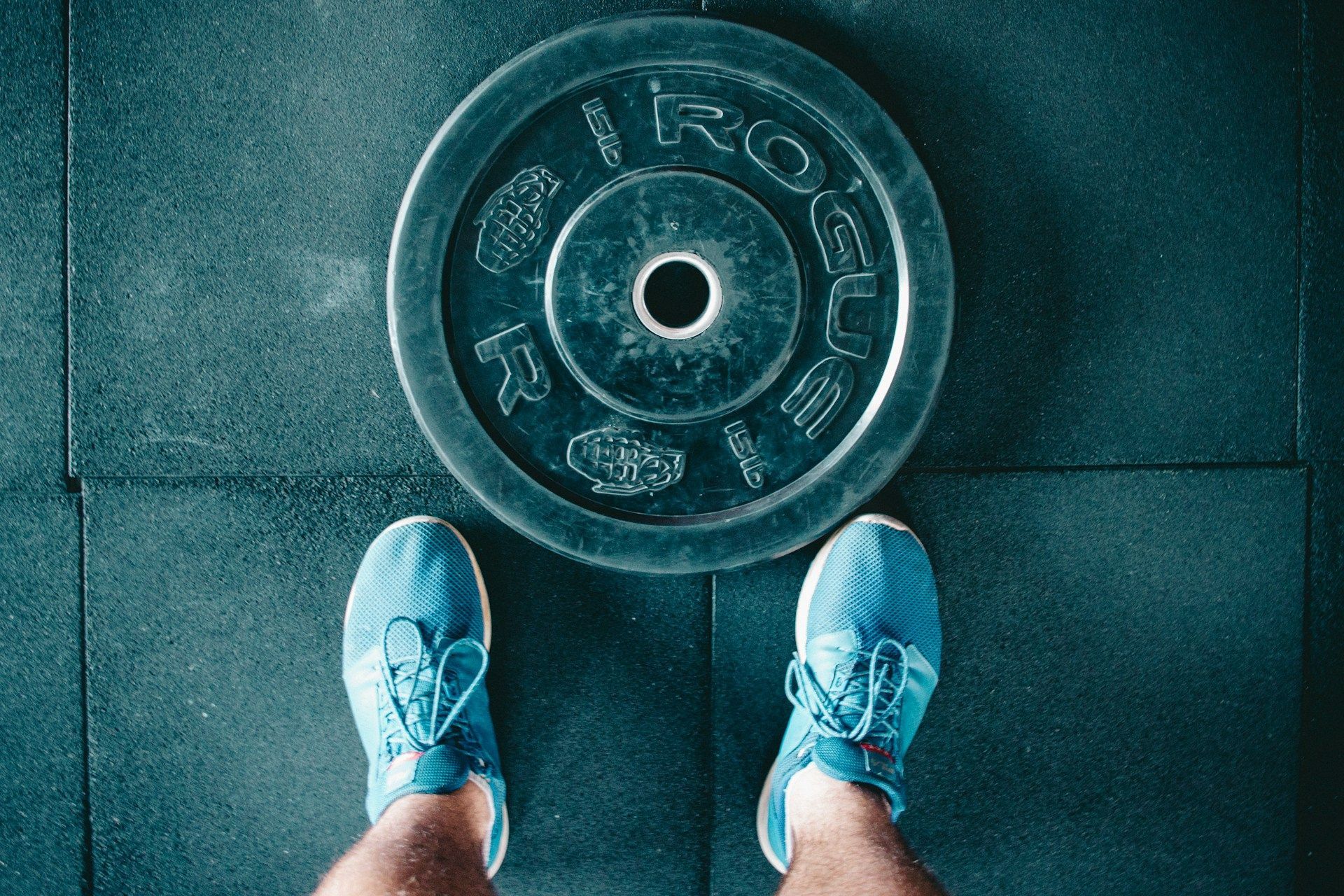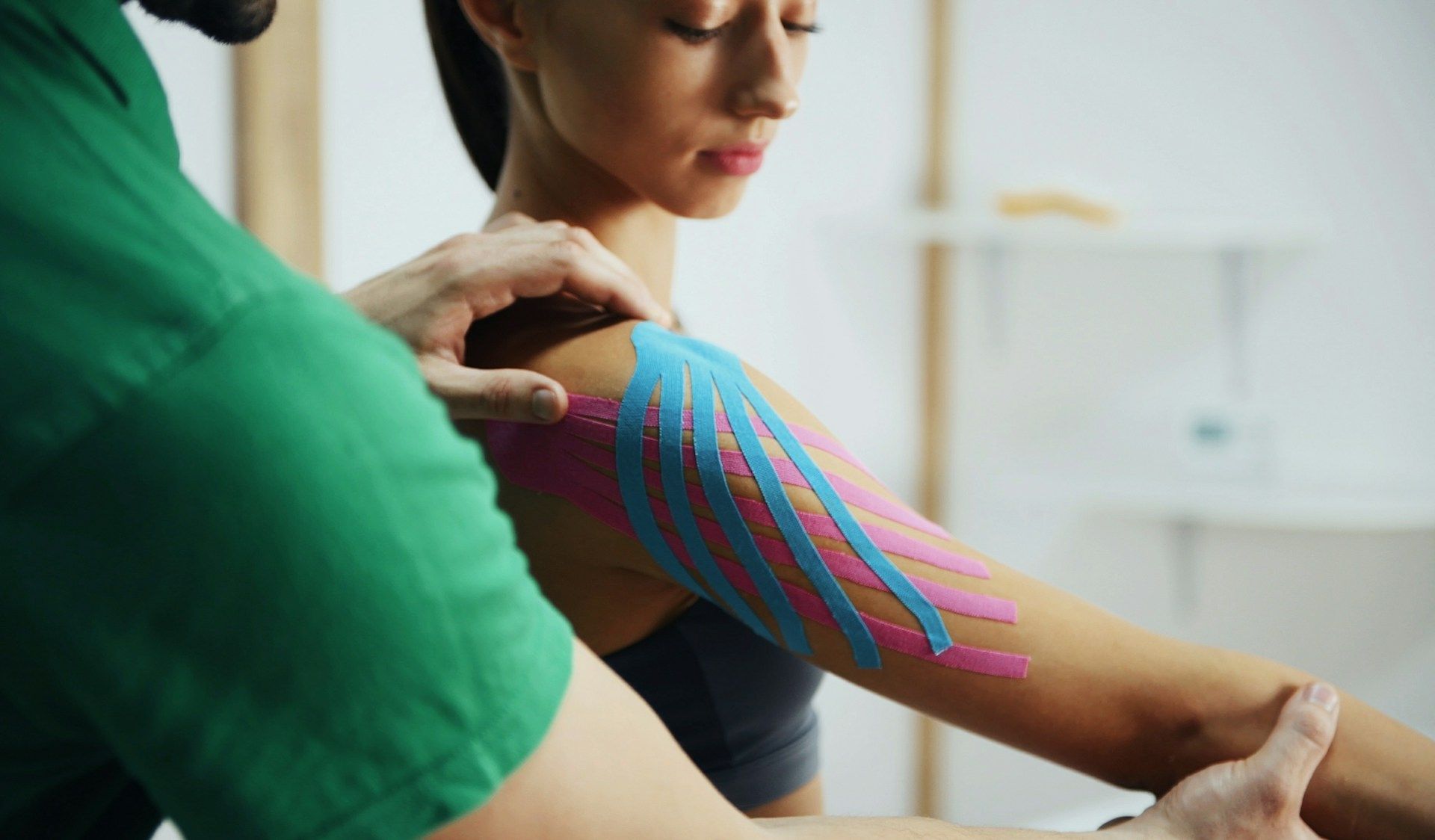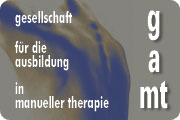Why Functional Movement Theory Matters in Daily Activities
Functional movement theory is like having a manual for how your body likes to move — naturally, comfortably, and efficiently. But why does this matter in daily life? Imagine routinely lifting a bag or reaching for something on a high shelf. These actions seem simple, but they involve a complex interaction of muscles and joints. Understanding functional movement helps in executing these tasks with less strain and more ease, making daily activities feel smoother.
Incorporating functional movement theory can also keep our bodies in check. It prevents minor everyday activities from evolving into bigger issues over time. By acknowledging the way our bodies prefer to move, we make choices that support this natural motion, allowing us to maintain our health and energy levels, even as we age. We're doing our future selves a big favour by tuning into these efficient movement patterns.
Understanding Functional Movement Theory
Functional movement theory focuses on basic, everyday actions — movements that our bodies have evolved to perform efficiently. It's about understanding how different parts of the body — like muscles, joints, and bones — work together as a unit. This theory highlights the importance of moving the body as intended, promoting coordination and balance while reducing the risk of injury.
Instead of just focusing on isolated exercises, functional movement looks at the bigger picture. It values activities that reflect real-world movements. Think about how you use your body daily: walking, bending, or even squatting. All these involve a complex web of movements. Here's how this theory fits into the natural design of our bodies:
- Encourages holistic movement: Rather than zeroing in on one muscle, exercises should mimic real-world challenges, helping us build strength and agility more effectively.
- Boosts efficiency: By aligning with the body's natural tendencies, we use less energy for the same tasks, making daily life feel a bit easier.
- Facilitates better balance: A focus on functional movement can enhance stability, preventing those common yet pesky falls or missteps that can occur during routine activities.
Understanding and applying functional movement theory is about connecting with how our bodies are meant to move. This knowledge allows us to engage in everyday tasks with more comfort and less worry about causing unnecessary strain. By embracing this perspective, we set ourselves up for a more fluid way of living, where each movement is a step towards improving overall well-being.
Benefits of Functional Movement Theory in Everyday Activities
Functional movement theory can transform the way we approach routine tasks. Imagine walking through a busy day: from getting out of bed to preparing a meal. These might seem ordinary, but how you move through them can have a major impact on your body. By aligning with functional movement principles, you reduce stress on your muscles and joints, making actions like walking, bending, and lifting feel more natural and less tiring.
Adopting these movement patterns can also improve your posture. When you engage in motions that your body was designed for, you naturally maintain healthier postures, which can help prevent the classic aches and pains that come from poor alignment. Muscle balance is another advantage, as functional movements encourage using interconnected groups of muscles, leading to better strength and coordination.
Here's how functional movement makes daily tasks easier:
- Walking efficiently: Promotes better alignment, reduces fatigue, and minimises risks of injury.
- Lifting safely: Encourages using legs and core, not just the back, to lift things, protecting from strain.
- Bending smoothly: Supports a balanced approach where pressure is distributed evenly, avoiding undue stress on any single area.
Role of Physiotherapy in Enhancing Functional Movements
Physiotherapy plays a crucial part in helping individuals optimise their functional movements. Through assessments and tailored strategies, physiotherapists identify where your movement patterns may need an adjustment. This step is essential for regaining balance and confidence in physical abilities.
For instance, a physiotherapist might use hands-on techniques to improve how muscles and joints work together or suggest exercises to reinforce the body’s natural movement tendencies. These interventions can help adjust alignment, flexibility, and strength, making daily activities safer and more enjoyable.
Some common physiotherapy techniques include:
- Manual therapy to enhance joint mobility.
- Guided exercises that support movement skills based on real-life scenarios.
- Functional training focused on strengthening and improving postural control.
Practical Tips for Incorporating Functional Movement into Your Routine
Incorporating functional movement into your life doesn't have to be complicated. Here are a few straightforward tips to help you get started:
1. Focus on posture: Regularly check in with how you sit and stand. Simple adjustments to posture can prevent strain and improve comfort.
2. Involve multiple muscle groups: Choose exercises that challenge more than a single muscle, such as squats or lunges, to engage the whole body.
3. Be mindful in everyday tasks: Use daily activities to practice functional movements, like squatting when picking something up rather than bending over.
Long-term benefits lie in consistency. Keep these movements a regular part of your routine, and over time, you'll likely feel more comfortable and in control of your body.
Empower Your Daily Life with Better Movement
Functional movement theory offers a valuable opportunity to bring awareness and intention into how we move each day. By adopting these principles, we empower ourselves to handle everyday challenges with greater ease and less fatigue. This isn't just about exercise; it’s about reshaping how we approach routine tasks with mindfulness and purpose.
To benefit from these improvements, consider seeking guidance and support in finding the best ways to apply these practices to your life. Knowing how to move efficiently and effectively is a lifelong skill that brings lasting, positive changes.
To experience the full benefits of functional movement, why not explore how physiotherapy can support and enhance your daily routines? Physiotherapie Heiniger + Psychologische Körperarbeit in Oerlikon, Zurich, offers expert guidance to help you incorporate effective techniques into your lifestyle. Discover more about
physiotherapy and take the first step towards a more balanced and efficient approach to movement.











